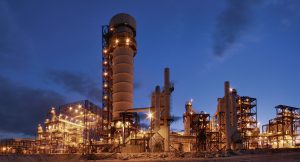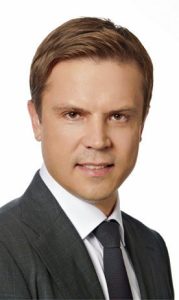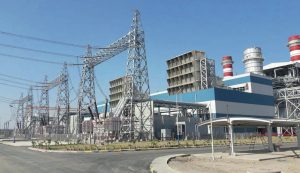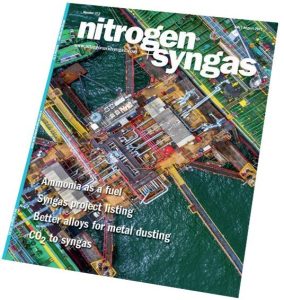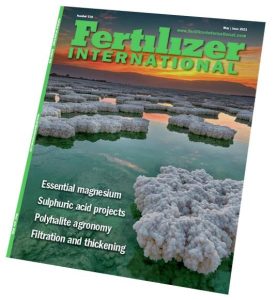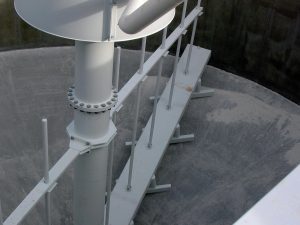At a time when green (or maybe blue) ammonia is being looked to as a way of reducing carbon emissions, substituting for hydrocarbons in a variety of potential uses, a conference held at the start of June was a reminder that nitrogen, its neighbour on the Periodic Table, is by no means off the hook on the environmental front. The Eighth Global Nitrogen Conference – held over from last year because of Covid-19, and this year held virtually, as most events are for the time being – was the latest in a series of tri-annual meetings convened by the International Nitrogen Initiative (INI), with support from the UN Economic Commission for Europe (UNECE) and the German Ministry of the Environment. The INI grew out of the 1979 UNECE Convention on Long-range Transboundary Air Pollution and 1999 Gothenburg Protocol, and is concerned specifically with ‘reactive nitrogen’ (i.e. nitrogen not tightly bound to itself in a triple bond, which makes up 78% of the air around us).
